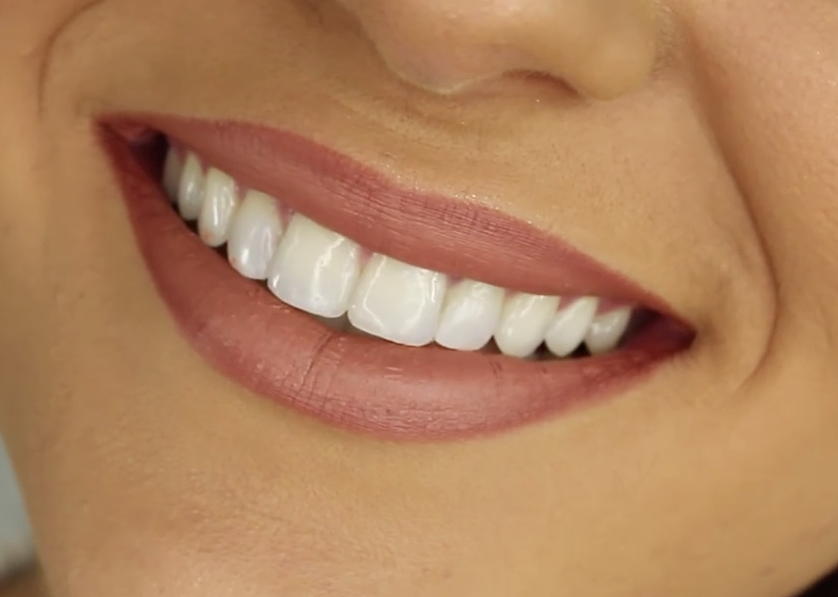It’s no secret that Americans get straight teeth for cosmetic reasons, but there are other, more practical benefits of getting straight teeth. Braces do more than just straighten teeth—they also fix a variety of health problems.
Braces prevent tooth and gum decay.
When teeth are crowded, food particles can collect between the teeth. Regular toothbrushing won’t resolve the problem because conventional toothbrushes are unable to reach those tiny crevices. So the food stays there and festers, sometimes creating bacterial infections (gingivitis). If the infection is left untreated, it can lead to periodontitis, which carries a risk for heart and lung diseases. Getting braces can quite literally save your life by correcting the crowding problems in your mouth.
Braces improve your facial alignment.
An orthodontist doesn’t just evaluate your tooth alignment. He also evaluates your jaw and facial alignment. If you have a protruding chin or a crooked bite, braces will actually improve your appearance. Orthognathic surgery may be required to correct the bite, after which braces are applied to straighten the teeth. However, in some cases, the process of straightening your teeth will also straighten your jaw.
Braces help you speak better.
Sometimes the misalignment of teeth can cause speech impediments. For instance, an overbite can cause a lisp where an “s” is pronounced as “th”, or an underbite can cause problems pronouncing alveolar sounds, such as “t”, “d”, and “n”, because the tongue can’t reach the roof of the mouth. Speech is formed through the collaboration of your tongue, lips, and palette, mostly when your tongue or lips press or curl against your teeth. When teeth are straightened, it can resolve speech impediments too.
Braces can solve TMJ.
TMJ (temporomandibular joint disorder) is no fun. It’s an inflammation at the hinge of the jawbone and the skull. TMJ can be quite painful, causing headaches or migraines, swelling in the jaw area, tooth grinding (bruxism), clicking or popping in the jaw, blurred vision, ear pain, tinnitus (ringing in the ears), vertigo (dizziness), Eustachian tube dysfunction, jaw muscle spasms, or locking or dislocation of the temporomandibular joint (lockjaw), or even shoulder pain. Basically, it can send your entire cranium out of whack. Sometimes, TMJ is caused by the misalignment of teeth. In these cases, orthodontic treatment is effective at treating it.
More and more, braces are seen as more than just a cosmetic treatment. They’re starting to be accepted as investments in good health. If you’re experiencing problems with bacterial buildup in your mouth, facial alignment, speech impediments, or TMJ, it may be correctable with braces. Ask your orthodontist for an evaluation. Your health just might depend on it.






